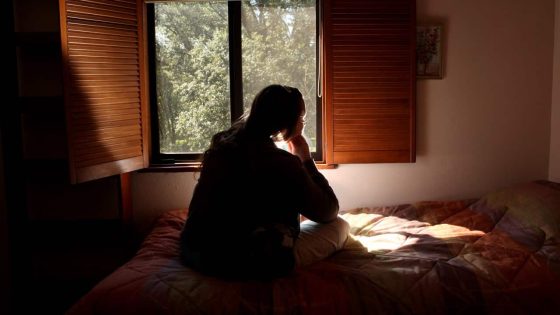An Australian Institute of Health and Welfare report published on Friday found that one in eight humanitarian entrants (male and female) received support from specialist housing services, compared to one in 50 from the permanent migrant population.
Domestic violence was the main reason (17.8 per cent of the time) that led to housing vulnerability. Source: SBS News
Of the humanitarian refugees seeking help, three in five were women.
Domestic violence was the main reason (17.8 per cent of the time) that led to housing vulnerability.
Refugees were almost twice as likely to be hospitalised or attend an emergency department as other permanent migrants over a five-year period (2016-2021).

Refugees were almost twice as likely to be hospitalised or attend an emergency department as other permanent migrants. Source: SBS News
Falls, contact with objects and transport accidents were the three most common reasons for going to the hospital.
But the report also found that humanitarian entrants were being admitted for injuries caused by assault at greater rates (more than six times higher) than other permanent migrants.

Of the humanitarian refugees seeking help, three in five were women. Source: SBS News / AIHW
“Additional detail on the demographics and locations of assault-related injury hospitalisations is beyond the scope of these analyses and further investigations in this area would be valuable,” the institute said.
There are more than 210,000 refugees in Australia who have arrived in the last two decades.
Source Agencies



